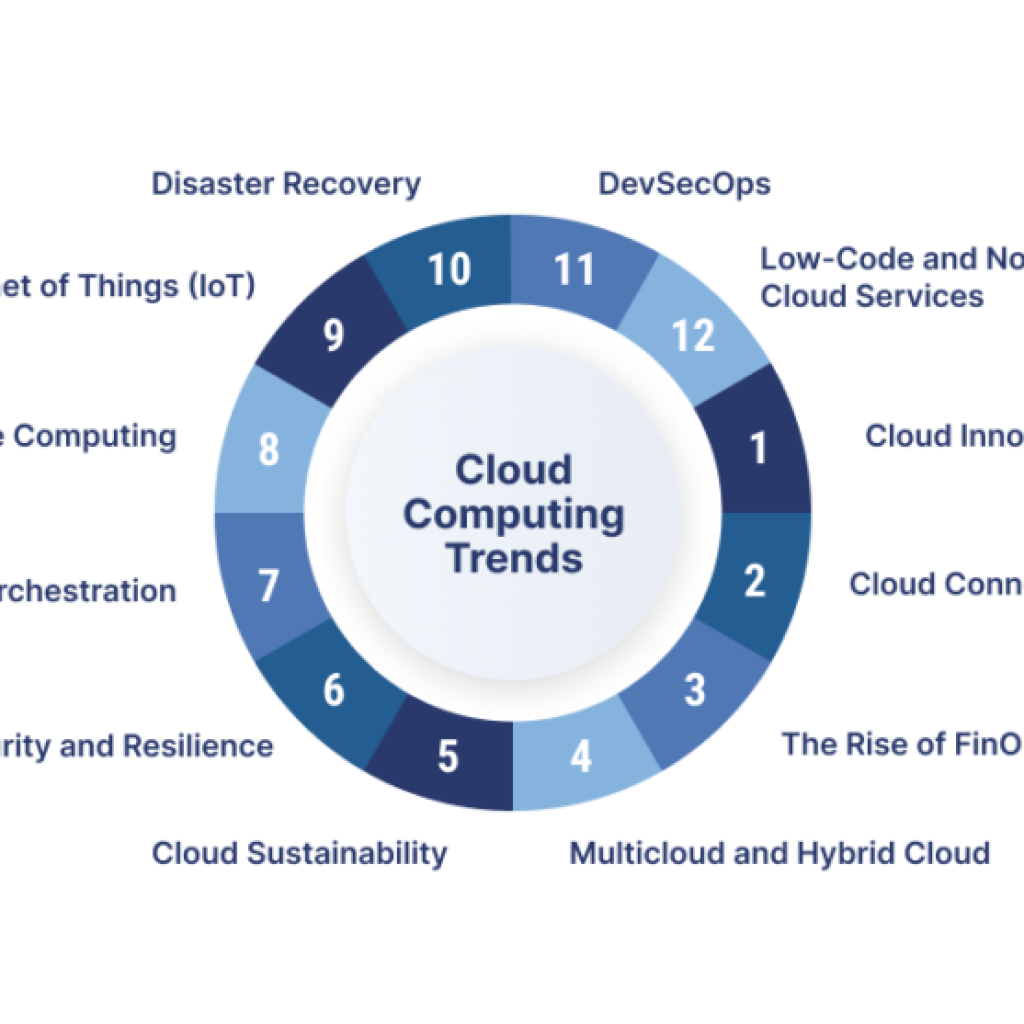As the world continues to grapple with the implications of artificial intelligence (AI), Shelley Gates emerges as a key advocate for preparing today’s youth for the transformative era known as the “AI age.” While conversations about the future of work automation and the use of AI technologies in education are taking place, Gates talks on how important it is to take a comprehensive approach to giving children the knowledge, skills, and moral awareness they will need to succeed in a digital, global, AI-driven world.
AI’s influence on education and workforce dynamics
The advent of AI is reshaping industries across healthcare, finance, entertainment, and manufacturing, with generative AI products already demonstrating their capabilities in producing written, graphic, and audio content with minimal human involvement. The automation of routine tasks, both cognitive and manual, has become a hallmark of this new age of human-computer interaction. As experts predict a significant impact on the workforce, estimating that AI could automate half of the jobs in the next decade, the education sector finds itself at a crossroads.
Educational institutions are grappling with the integration of AI tools like ChatGPT and Google Bard into classrooms. The use of AI for writing assignments raises questions about plagiarism and the ethical boundaries of leveraging AI-generated content. The debate extends beyond language arts classes, touching on subjects like math, science, art, engineering, and history. The World Economic Forum, in a recent article, argues for a reinvention of education models to align with the demands of the AI age.
Building AI-ready youth
In the early days of the AI age, Shelley Gates emphasizes the critical role of education in preparing K-12 students for a future where AI will play a central role. Recognizing that traditional models may become obsolete, Gates advocates for a dual focus on technical proficiency and “durable skills,” which are deemed essential for navigating an AI-driven world.
Gates outlines a set of “durable skills” or “21st century skills” that she believes are crucial for students. These skills, including analytical and creative thinking, flexibility, resilience, motivation, self-awareness, curiosity, technological literacy, dependability, empathy, and collaboration, are seen as transferable across domains and resilient to technological evolution. Gates underscores the daily opportunities students have to learn and practice these skills in various settings, from classrooms to extracurricular activities.
Beyond technical proficiency and durable skills, Gates emphasizes the need for students to confront the societal implications of AI. She urges a proactive stance in addressing social, cultural, and equity issues raised by AI. Highlighting potential job impacts, particularly on roles held predominantly by women and people of color, Gates calls for awareness and action to prevent AI from exacerbating existing disparities.
Nurturing tomorrow’s leaders in the AI age
Shelley Gates ardently champions a holistic paradigm in AI education, advocating for a nuanced strategy that extends beyond the mere acquisition of technical prowess. In her vision, students are not merely conduits of algorithmic knowledge but also cultivators of resilience and adaptability—essential qualities in the dynamic tapestry of the ever-evolving AI epoch.
By conscientiously nurturing AI literacy and assiduously addressing issues of equity, Gates aspires to sculpt a forthcoming era wherein the nascent generation not only adeptly navigates the intricate challenges posed by the AI age but also assumes an active role in propelling societal metamorphosis through the judicious and responsible utilization of artificial intelligence.





